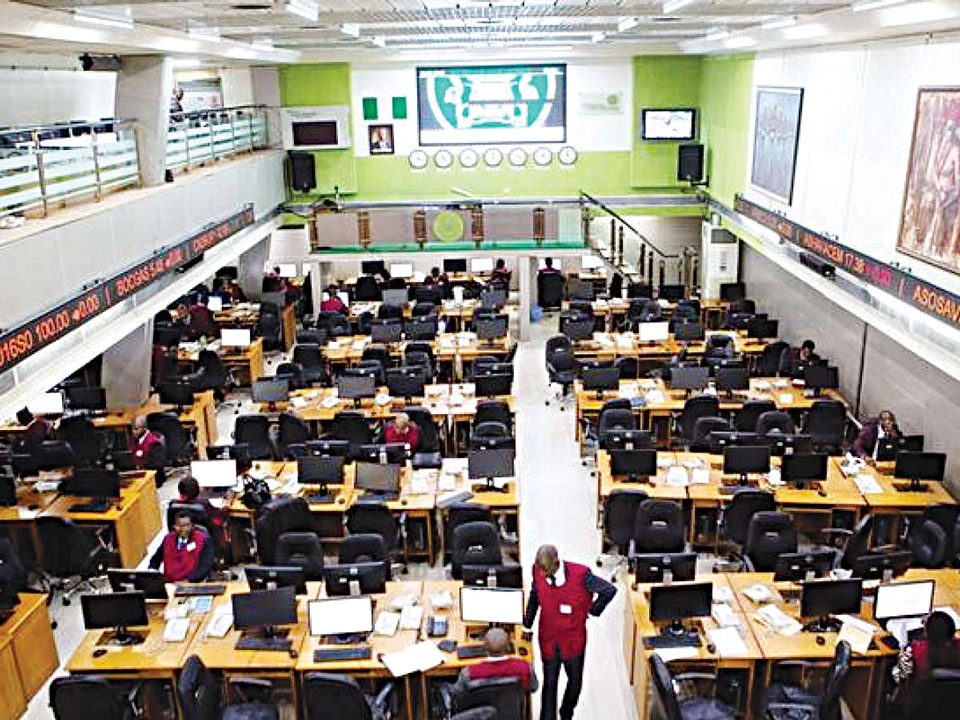Article Update: ‘Why capital market, economy remain slow’

Nigeria Update: Financial stocks lead activity at NSE, contribute 80% to turnover
April 16, 2018
Nigeria Update: FMDQ Market Report
April 16, 2018
Financial market experts have linked nation’s slow economic growth to weak institutional and regulatory framework, urging government to rise up to the responsibility of monitoring and enforcing sanctions across various agencies.
They also re-emphasised the need for the regulators to improve their oversight functions, especially in the financial sector, with particular reference to the capital market.
The experts argued that the existence of a functional governmental institutions and improved regulations would help attract more Foreign Direct Investment (FDI) into the country and boost the capital market.
Specifically, the Managing Director of Cowry Asset Management, Johnson Chukwu, in an interview with The Guardian explained that weak institutions have resulted to abuse of operations in the various segments of the economy.
He pointed out that the 2008-2009 financial crisis, which engulfed the sector during the period, was partly attributable to weak regulatory oversight.
Chukwu cited the crisis of confidence involving the capital market’s apex regulator, noting that no foreign investor will participate in an economy where the integrity of its regulatory agencies is in doubt.
He admitted that the apex bank has recorded some reasonable level of improvement in the areas of supervision, but however, maintained that it has become difficult for the agencies of government without fix term of leadership to improve their operations.
“In the financial system, new standards to strengthen and forestall pitfalls in regulations have been introduced by the financial reporting council.
Unfortunately, we have not seen a good level of improvement in government agencies, ministries and parastatals especially those that does not have fix term of office and are largely under the influence of political leaders.
Most of them do not have the competence to carry out the functions the agencies need to execute.
“The aspect of weak regulations is having multiplier effect on some sectors. When you have weak regulations, it would definitely affect the economy because you will not have the right standard and there would not be compelling need to function properly,” he said.
The Chief Research Officer of Invest Data Consulting Limited, Ambrose Omodion, affirmed that some of the challenges impeding the growth of the nation and capital market include ineffective market regulations and supervision, weak institutions and corporate governance, lack of regulatory pro-activism among others.
According to him, despite positive inputs by the management of the Nigerian Stock Exchange (NSE), the growth of the market has remained slow.
This, he argued, have made the market to fall behind its peers in the international space, a situation that may not be far removed from the badly dented integrity issue of most equity market operators.
Going forward, he stressed the need for the NSE to fast-track the demutualisation process, adding that it would attract significant foreign investment into the country.
“There is need for regulators to engage more on investors’ education to which they continue to pay lip service over the years. The capital market regulators must do much-more to grow the number of retail investors and in the process, attract more investible capital into the market,” he said.
A faculty member of the Pan Atlantic University, Dr. Silk Ogbu, explained that failure of the institutions of government to improve on their operations over the years has become an issue of great concern to stakeholders.
Ogbu, who is a lecturer at the university’s School of Media and Communication, Lagos said: “The issue of weak institutions is an area of great concern because government has the role of providing governance, security and safety.
“Unfortunately, with what we have seen overtime, we have experienced a deterioration of services, which could be linked to inability of people to accept responsibility and failure on the part of government to enforce sanctions where necessary.

